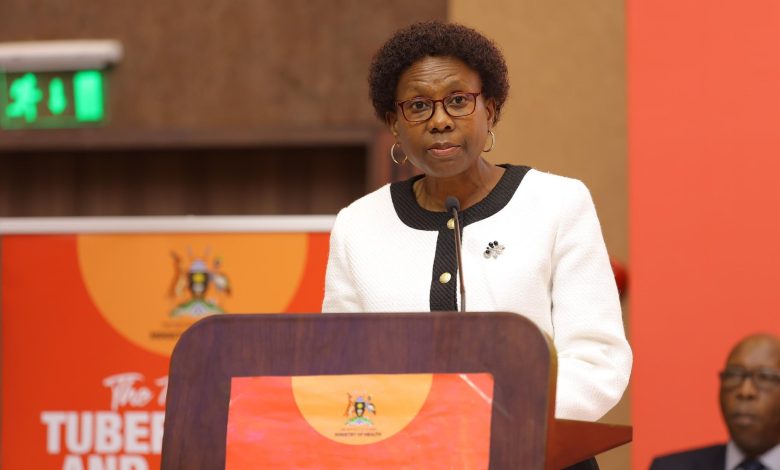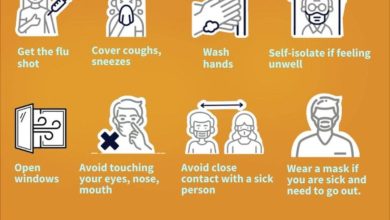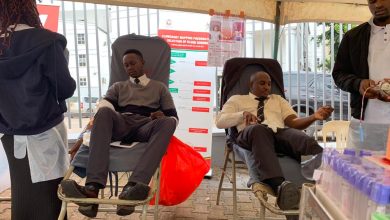Uganda Recorded 94,000 TB Cases in 2022

Health
Tuberculosis (TB) continues to pose a major public health threat in sub-Saharan Africa, with Uganda reporting over 94,000 TB cases in 2022.
The alarming statistics have spurred health experts, policymakers, and stakeholders to intensify their efforts to address the growing epidemic.
The 7th Annual TB and Leprosy Conference, held today at Speke Resort Munyonyo in Kampala, brought together a diverse group of professionals to strategize on the elimination of TB and the achievement of zero leprosy in Uganda.
Under the theme “Advancing Multisectoral and Multistakeholder Engagement and Accountability to End TB and Achieve Zero Leprosy in Uganda,” the conference highlighted the urgency of collaboration across sectors to address the root causes of the epidemic.
Dr. Charles Olaro, the Acting Director General of Health Services, stressed the gravity of the situation, calling it a wake-up call for all sectors to work together.
“TB remains a public health priority that we must address with urgency,” Dr. Olaro emphasized, urging a unified effort to tackle the disease head-on.
Dr. Jane Ruth Aceng, Uganda’s Health Minister, reaffirmed the government’s commitment to combating TB and leprosy.
She underscored the importance of community-focused approaches to reach vulnerable populations, stating, “The Ministry of Health is at the forefront of creating a supportive environment that covers the entire TB prevention and care continuum using people-centric approaches.”
During the conference, participants advocated for a multisectoral approach to tackle TB. Discussions centered around addressing the disease’s underlying drivers, such as malnutrition, overcrowding, and limited access to healthcare.
The importance of coordinated efforts from government agencies, non-governmental organizations, and the private sector was emphasized as essential to achieving the goals of reducing TB incidence.
Resource mobilization also emerged as a key area of focus, with health officials urging international donors and local stakeholders to prioritize funding for TB control efforts.
“Ending TB requires substantial financial commitment, and we must ensure resources are available to implement strategies effectively,” Dr. Olaro added.
Innovation and research were identified as pivotal in the fight against TB. The development of effective vaccines and evidence-based practices to reduce transmission were central topics of discussion.
“Innovation is key to breaking the chain of transmission and reducing the TB burden,” noted Dr. Aceng, emphasizing the need for new solutions to complement existing strategies.
As the two-day conference draws to a close, stakeholders are committed to translating discussions into actionable resolutions that will guide Uganda closer to eliminating TB and leprosy.
Emphasis will be placed on fostering partnerships, integrating services, and improving healthcare access, especially for underserved communities.
This renewed focus on TB serves as a reminder that eradicating the disease requires collective responsibility, sustained commitment, and innovative solutions.
With coordinated efforts and a dedicated approach, Uganda aims not only to reduce TB cases but also to pave the way for a future free from the burden of TB and leprosy.




